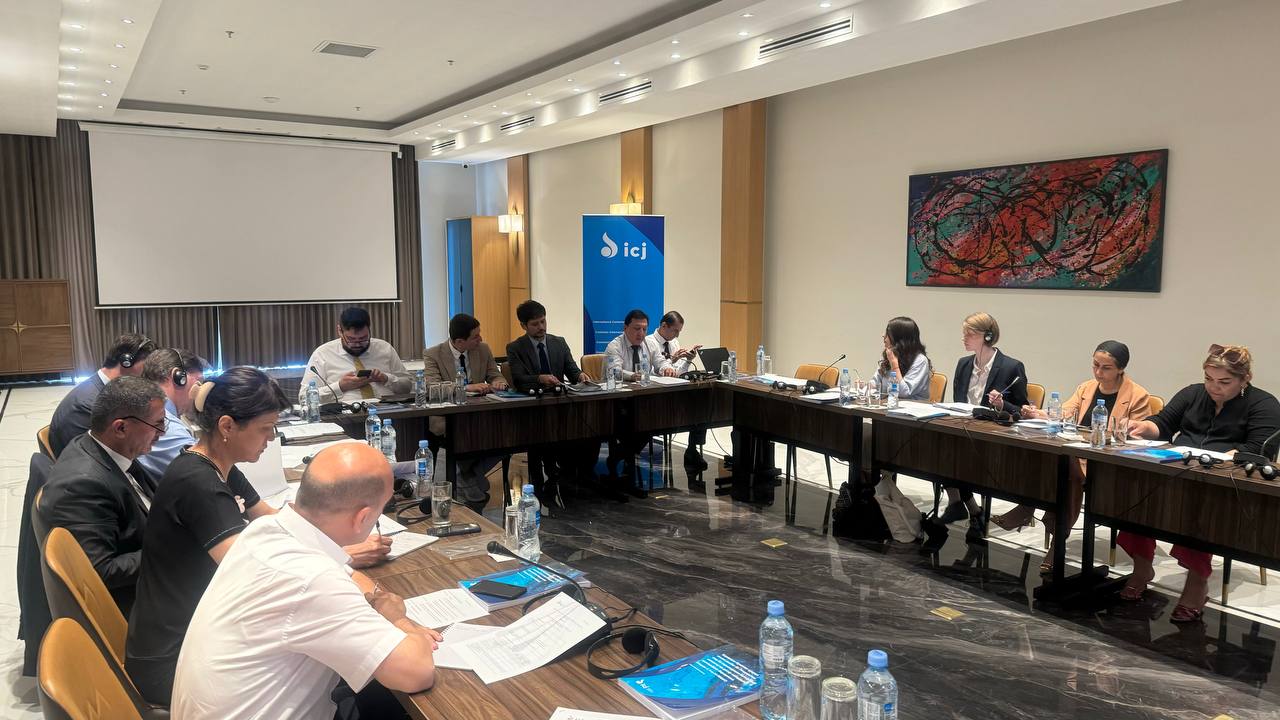Today, a workshop took place in Dushanbe, Tajikistan, bringing together key stakeholders to address the pressing issues of torture and cruel, inhuman, or degrading treatment (CIDT). Organized by the International Commission of Jurists (ICJ) in collaboration with the Regional Office for Central Asia (ROCA) of the Office of the United Nations High Commissioner for Human Rights (OHCHR) and the Civil Society Coalition against Torture and Impunity in Tajikistan, the event emphasized the importance of bringing national practices into accordance with international human rights standards.
The workshop opened with a discussion on international law and standards related to torture and CIDT, stressing the necessity for Tajikistan’s legal framework to reflect these global norms. Although the legal provisions exist, participants highlighted a significant gap between the law and its practical implementation. This disparity often results in continued human rights abuses and a lack of accountability.
A critical analysis of recent cases in Tajikistan demonstrated systemic issues, including recurring patterns of abuse and the challenges in addressing these violations effectively. The discussion highlighted how the use of evidence obtained through torture undermines fairness of judicial processes, violates human rights of those in detention, and calls into question the integrity of the justice system.
The workshop also focused on the barriers victims of torture face in accessing remedies and justice. Despite existing legal avenues, significant obstacles prevent victims from accessing effective remedies. The need for effective legal and institutional mechanisms was emphasized, ensuring that victims can access justice.
Institutional aspects of independent investigations were discussed, emphasizing the need for robust frameworks and accountability mechanisms. Effective oversight is crucial to ensure that investigations into torture and CIDT are conducted thoroughly and impartially, thereby upholding human rights and the rule of law.
The event stressed the significance of international law and standards in guiding national practices and ensuring that human rights are respected and protected. The ongoing collaboration between national and international human rights institutions is vital in driving forward essential reforms.
Attachment: Agenda in English_1 July 2024
Attachment: Briefing paper 1 July 2024





